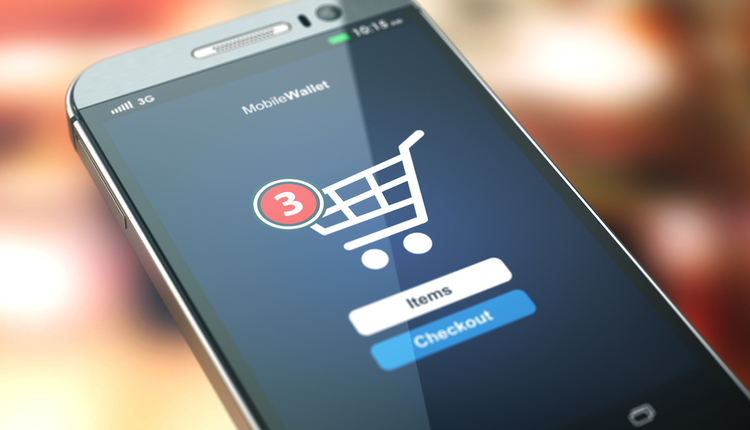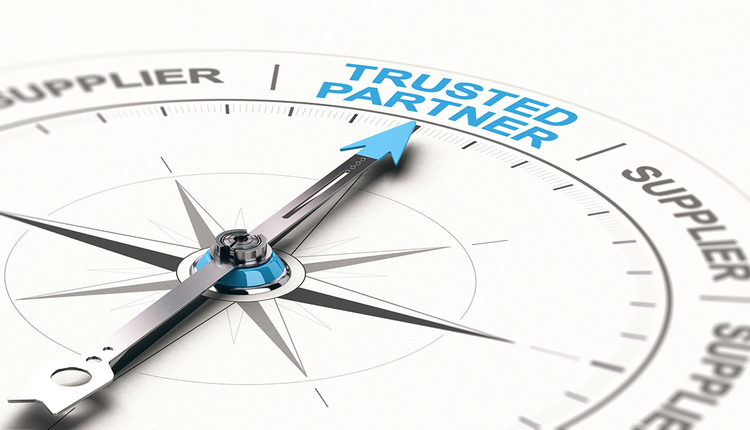There has been a lot of "chatter" about sustainability in the shipper community. This topic is important to everyone, but the real issue is which energy source will drive future global supply chains. It is a fact that the world is running out of fossil fuels, and this is everyone's problem.
The world takes for granted that it can order something today and get it tomorrow. During this transition from fossil fuels to energy "X", sustainability will be the focus. However, the clock is ticking and the transportation manufacturers are working desperately to find a solution to a cleaner, cost-efficient and abundant energy source. In the movie, "Back to the Future" they were using garbage as a fuel source• a concept way ahead of its time. There will be a day in the near future that "tax credits" will be given to organizations that deliver finite results in reducing their carbon foot print. These types of request are already showing up in RFQ's from major organizations. So, what can you do to start this process? Here are some ideas:
1. Current Carbon Footprint: It is essential to understand your current carbon footprint of your total supply chain. This includes all modes of transportation (air, surface, ocean, mail). Please keep in mind of all the service providers that may be part of your supply chain (from extraction of natural resources to consumer). There are many service providers that can assist in this area.
2. Supply Chain Network: In today's dynamic changing customer needs, you should be reviewing your global supply chain network on a continual basis. There is a shortage of talent in this area, but many of the top universities with supply chain programs are developing students in this area. Also, your supply chain partners and consultants can provide this service. The right product in the right place at the right time; this is ever-changing!
3. Demand Management Tools: You need to provide your organization with the tools that will not only rate shop your shipments but also at the least amount of carbon emission.
4. Contract Sustainability Element: You probably use over 20 transportation providers. As we travel this journey to a new energy source and a cleaner world, we need to have all of our partners committed to this and the ability to report on it.
Let's put this into perspective. If we ran out of fossil fuel tomorrow, this is what the world would look like:
• You would need to grow your own food or live on canned foods.
• There would be no mail service; the Internet would take over.
• Global trade would slow down because the ships would truly be "sailing."
• Fed Ex and UPS would cease to exist; that could change your supply chain.
• The horse industry would prosper once again.
• The railroads would be "king" --again.
• Electric cars would go from a choice of one to hundreds.
• Teleconferencing would explode in demand.
Some of these are a bit of an exaggeration, but you get the point. We simply cannot wait for an "alternative" fuel solution. As stated above, you can be the "change catalyst" in this process. There is an optimal solution in each of your supply chains. I believe that you can be more "green" and pull cost out in this process.
Recently, I attended the CSCMP Annual Conference, and Pepsi received the Top "Innovation Award," which was a great example of this. They reversed engineered their supply chain process through a highly collaborative approach and created an efficient Direct Store Delivery System. They achieved substantial cost reductions and an optimized carbon footprint• and there next opportunity will be a vehicle system that utilizes an alternative energy source. Hats off to the Pepsi organization in being a leader in this area.
It is up to each of us to develop an optimized carbon footprint before the "new" energy source vehicles are available.
Michael J. Ryan is Director, Business Development at DSC Logistics and has been in the parcel industry for over 25 years. He can be reached at 847-393-5862 or mike.ryan@dsc-logistics.com.
The world takes for granted that it can order something today and get it tomorrow. During this transition from fossil fuels to energy "X", sustainability will be the focus. However, the clock is ticking and the transportation manufacturers are working desperately to find a solution to a cleaner, cost-efficient and abundant energy source. In the movie, "Back to the Future" they were using garbage as a fuel source• a concept way ahead of its time. There will be a day in the near future that "tax credits" will be given to organizations that deliver finite results in reducing their carbon foot print. These types of request are already showing up in RFQ's from major organizations. So, what can you do to start this process? Here are some ideas:
1. Current Carbon Footprint: It is essential to understand your current carbon footprint of your total supply chain. This includes all modes of transportation (air, surface, ocean, mail). Please keep in mind of all the service providers that may be part of your supply chain (from extraction of natural resources to consumer). There are many service providers that can assist in this area.
2. Supply Chain Network: In today's dynamic changing customer needs, you should be reviewing your global supply chain network on a continual basis. There is a shortage of talent in this area, but many of the top universities with supply chain programs are developing students in this area. Also, your supply chain partners and consultants can provide this service. The right product in the right place at the right time; this is ever-changing!
3. Demand Management Tools: You need to provide your organization with the tools that will not only rate shop your shipments but also at the least amount of carbon emission.
4. Contract Sustainability Element: You probably use over 20 transportation providers. As we travel this journey to a new energy source and a cleaner world, we need to have all of our partners committed to this and the ability to report on it.
Let's put this into perspective. If we ran out of fossil fuel tomorrow, this is what the world would look like:
• You would need to grow your own food or live on canned foods.
• There would be no mail service; the Internet would take over.
• Global trade would slow down because the ships would truly be "sailing."
• Fed Ex and UPS would cease to exist; that could change your supply chain.
• The horse industry would prosper once again.
• The railroads would be "king" --again.
• Electric cars would go from a choice of one to hundreds.
• Teleconferencing would explode in demand.
Some of these are a bit of an exaggeration, but you get the point. We simply cannot wait for an "alternative" fuel solution. As stated above, you can be the "change catalyst" in this process. There is an optimal solution in each of your supply chains. I believe that you can be more "green" and pull cost out in this process.
Recently, I attended the CSCMP Annual Conference, and Pepsi received the Top "Innovation Award," which was a great example of this. They reversed engineered their supply chain process through a highly collaborative approach and created an efficient Direct Store Delivery System. They achieved substantial cost reductions and an optimized carbon footprint• and there next opportunity will be a vehicle system that utilizes an alternative energy source. Hats off to the Pepsi organization in being a leader in this area.
It is up to each of us to develop an optimized carbon footprint before the "new" energy source vehicles are available.
Michael J. Ryan is Director, Business Development at DSC Logistics and has been in the parcel industry for over 25 years. He can be reached at 847-393-5862 or mike.ryan@dsc-logistics.com.








